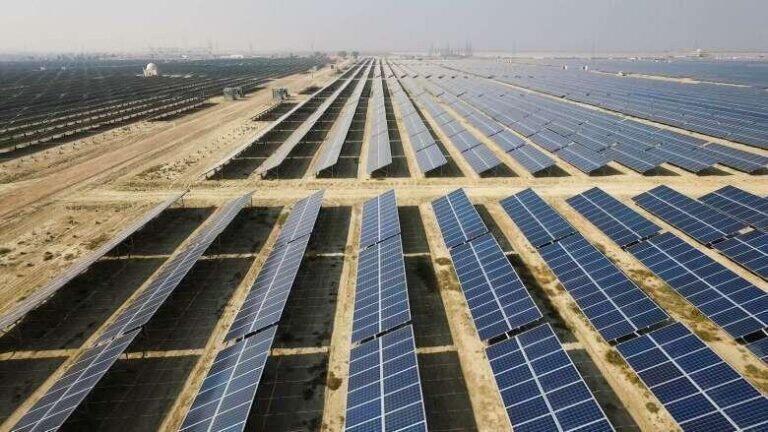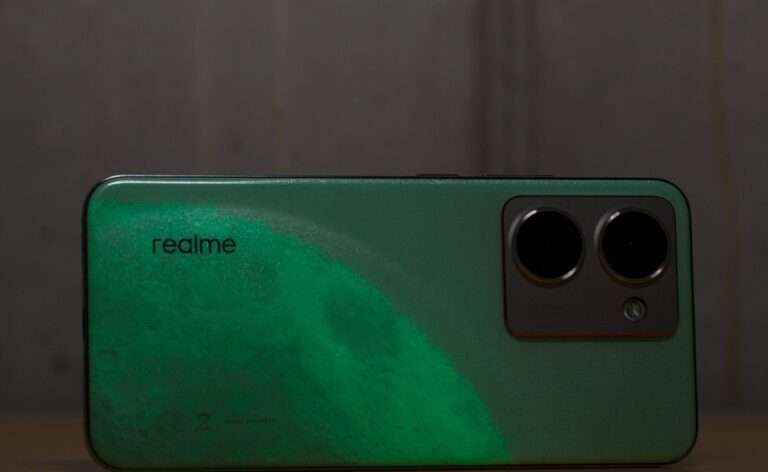
|
Getting your Trinity Audio player ready...
|
Introduction
On December 9th, under the auspices of the United Nations, International Anti-Corruption Day is observed globally. Recognizing that corruption is a complex social, political, and economic phenomenon affecting all countries, the UN established this day to raise awareness and promote anti-corruption measures. The theme for the International Anti-Corruption Day 2024-2025, “Uniting with Youth Against Corruption: Shaping Tomorrow’s Integrity,” focuses on the crucial role young guardians of integrity play in combating corruption and raising awareness about its impacts on their communities.
The United Nations Convention Against Corruption
The Establishment of the Convention
Realizing the pervasive nature of corruption, the General Assembly adopted the United Nations Convention against Corruption on October 31, 2003. This landmark convention recognizes corruption as a threat to democratic institutions, economic development, and governmental stability. By distorting electoral processes, perverting the rule of law, and creating bureaucratic obstacles, corruption undermines the foundation of democratic institutions.
Role of the UNODC
The United Nations Office on Drugs and Crime (UNODC) was designated as the secretariat for the convention. Since its adoption, 190 parties have committed to its anti-corruption obligations, reflecting near-universal recognition of the importance of good governance, accountability, and political commitment. The convention entered into force in December 2005, and December 9th was designated as International Anti-Corruption Day to raise awareness and highlight the role of the convention in preventing and combating corruption.
The Role of Youth in Anti-Corruption Efforts
Youth as Guardians of Integrity
Under the UN theme, “Uniting with Youth Against Corruption: Shaping Tomorrow’s Integrity,” the campaign emphasizes the vital role of young guardians of integrity. These young advocates are essential in raising awareness about corruption and its detrimental impacts on their communities. By participating in discussions, sharing experiences, and proposing innovative solutions, they help shape a future free from corruption.
Amplifying Youth Voices
The campaign aims to amplify the voices of these future leaders, allowing them to express their concerns and aspirations. By giving them a platform, the hope is that their appeals will be heard and acted upon, leading to tangible changes in anti-corruption efforts.
The Youth Bulge in Pakistan
Demographics and Definitions
Globally, the total youth population is estimated at 1.8 billion. Pakistan, due to its high population growth rate, has a significant youth bulge. The United Nations defines youth as persons between the ages of 15 and 24, although member states may have different definitions. In Pakistan, almost one-fifth of the population falls within this age bracket.
Potential and Challenges
Demographers and social scientists suggest that the size of the youth population can contribute positively or negatively to the country’s development, depending on socioeconomic conditions and the strength of the economy. If health, education, and training facilities are adequately available, and the economy can employ the youth, they will enhance productivity and economic growth. Conversely, if these resources are lacking, the idle youth may resort to crime, violence, and corruption.
Understanding Corruption
A Broader Perspective
Corruption is often perceived narrowly as individual bribery and financial gains. However, its real concept is much broader. Corruption can be understood as any act, behavior, or conduct contrary to principles of fairness, truth, trust, and integrity. This includes not only bribery but also corruption of principles, moral behavior, organizations, and states.
The Impact of Corruption
The corrupt actions of individuals or groups can jeopardize the socioeconomic fate of entire nations, regions, and even the planet. Beyond individual actions, institutional and state-level corruption can be devastating, especially in a world where borders are no longer barriers to the spread of good or bad influences.
Addressing Corruption
Government and Public Responsibilities
At the government level, corruption can manifest as bad governance, poor planning, inefficient implementation, bureaucratic obstacles, and nepotism. For the general public, corruption includes illegitimate profiteering, fraudulent businesses, tax evasion, and damaging public properties. Unfortunately, discussions about corruption often focus on government functionaries and institutions, neglecting the corrupt practices at the grassroots level.
Contagious Nature of Corruption
Corruption is contagious, spreading through society like an endemic. However, the reverse is also true: a single individual or entity saying no to corruption can inspire many others to follow. Therefore, it is essential to instill a comprehensive understanding of corruption in the youth, encouraging them to maintain integrity.
The Importance of Integrity
Youth and Future Human Capital
The youth, as future human capital, must understand the overarching concept of corruption. This includes recognizing corruption in various forms, from individual actions to organizational and state-level misconduct. By maintaining integrity, the youth can play a significant role in combating corruption and promoting a culture of honesty and accountability.
Comprehensive Understanding
Encouraging a broader understanding of corruption will help the youth recognize and combat it in all its forms. This includes understanding corruption not only as bribery but also as actions contrary to principles of fairness and integrity in all areas of life, from business to politics to social interactions.
Conclusion
The campaign for International Anti-Corruption Day 2024-2025, under the theme “Uniting with Youth Against Corruption: Shaping Tomorrow’s Integrity,” highlights the essential role of young guardians of integrity in combating corruption. By raising awareness, participating in discussions, and proposing innovative solutions, the youth can help shape a future free from corruption. Understanding the broader concept of corruption and maintaining integrity are crucial steps in this journey. As we unite with the youth against corruption, we pave the way for a brighter, more honest future.
FAQs
1. What is International Anti-Corruption Day?
International Anti-Corruption Day is observed globally on December 9th to raise awareness about corruption and promote anti-corruption measures. It was established by the United Nations and marks the adoption of the United Nations Convention against Corruption.
2. Why is the role of youth important in combating corruption?
The youth, as future leaders, play a crucial role in combating corruption by raising awareness, participating in discussions, and proposing innovative solutions. Their involvement is essential for shaping a future free from corruption.
3. What is the United Nations Convention against Corruption?
The United Nations Convention against Corruption is a landmark agreement adopted by the General Assembly in 2003. It aims to combat and prevent corruption globally, with 190 parties committed to its anti-corruption obligations.
4. How can the youth contribute to combating corruption?
The youth can contribute by maintaining integrity, raising awareness, participating in anti-corruption campaigns, and proposing solutions. Their active involvement helps promote a culture of honesty and accountability.
5. What are the broader implications of corruption?
Corruption extends beyond individual bribery and financial gains. It includes actions contrary to principles of fairness and integrity in all areas of life. Institutional and state-level corruption can have devastating impacts on society and the economy.
ALSO READ
https://skipper.pk/2024/12/09/psx-surges-kse-100-crosses-110000/






